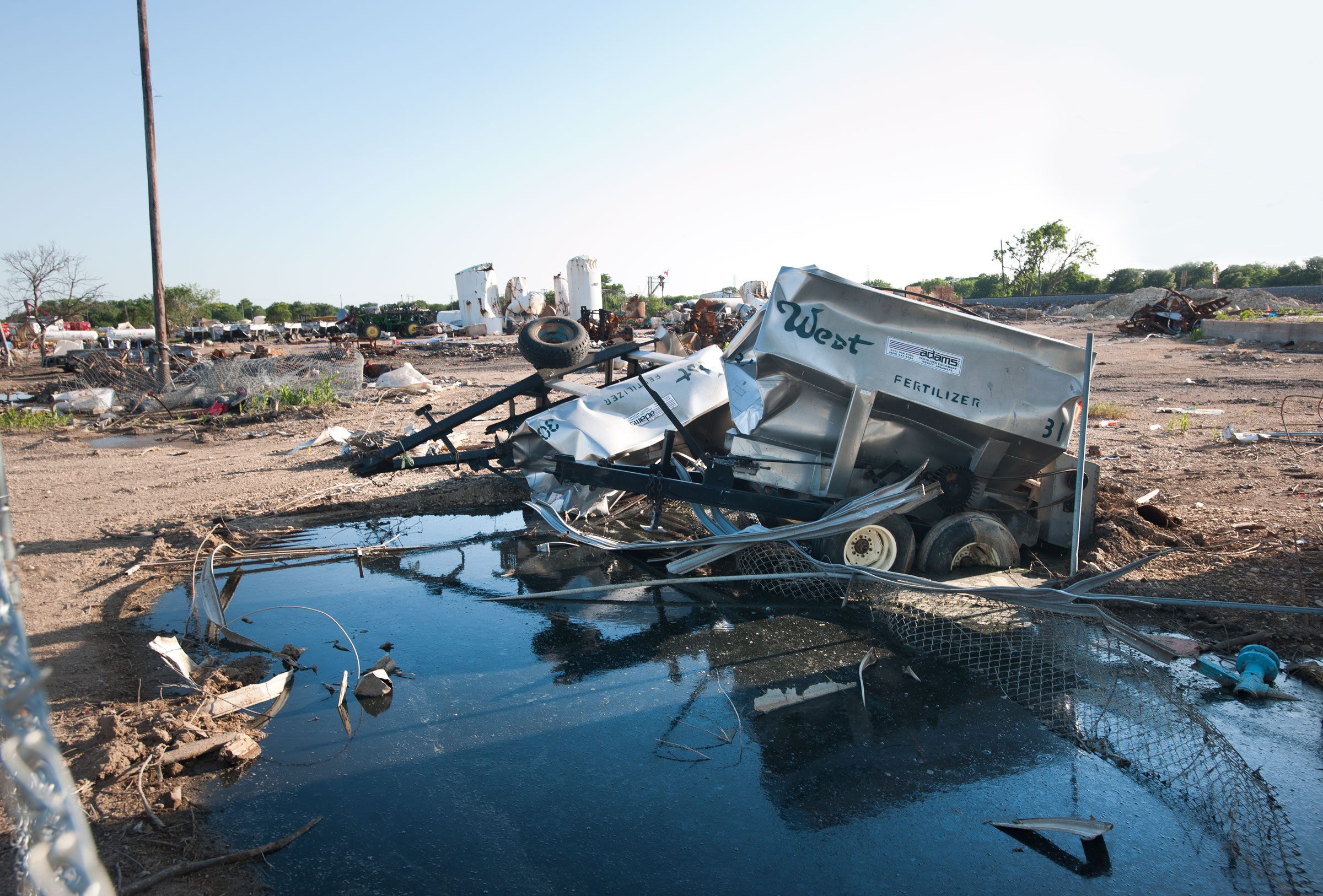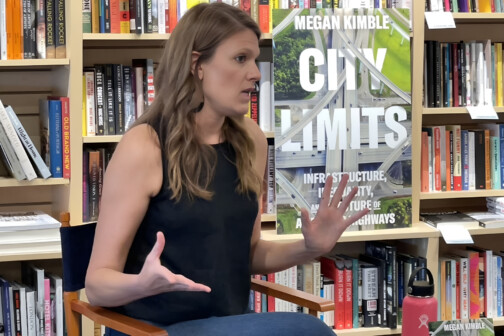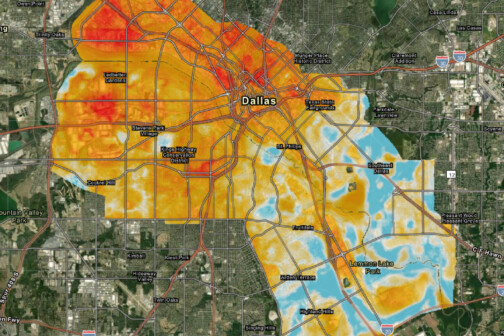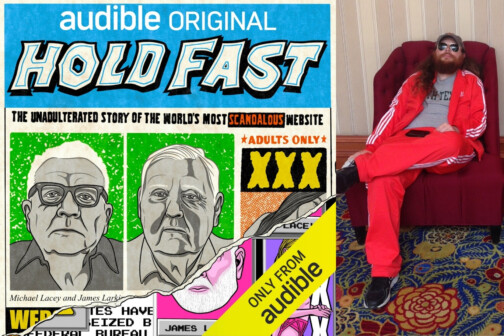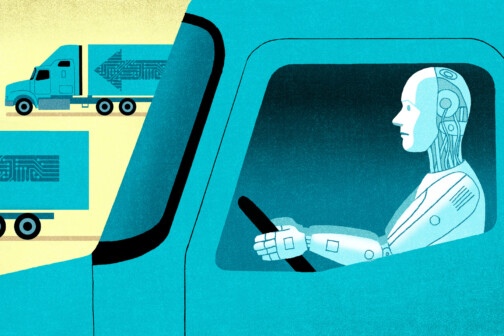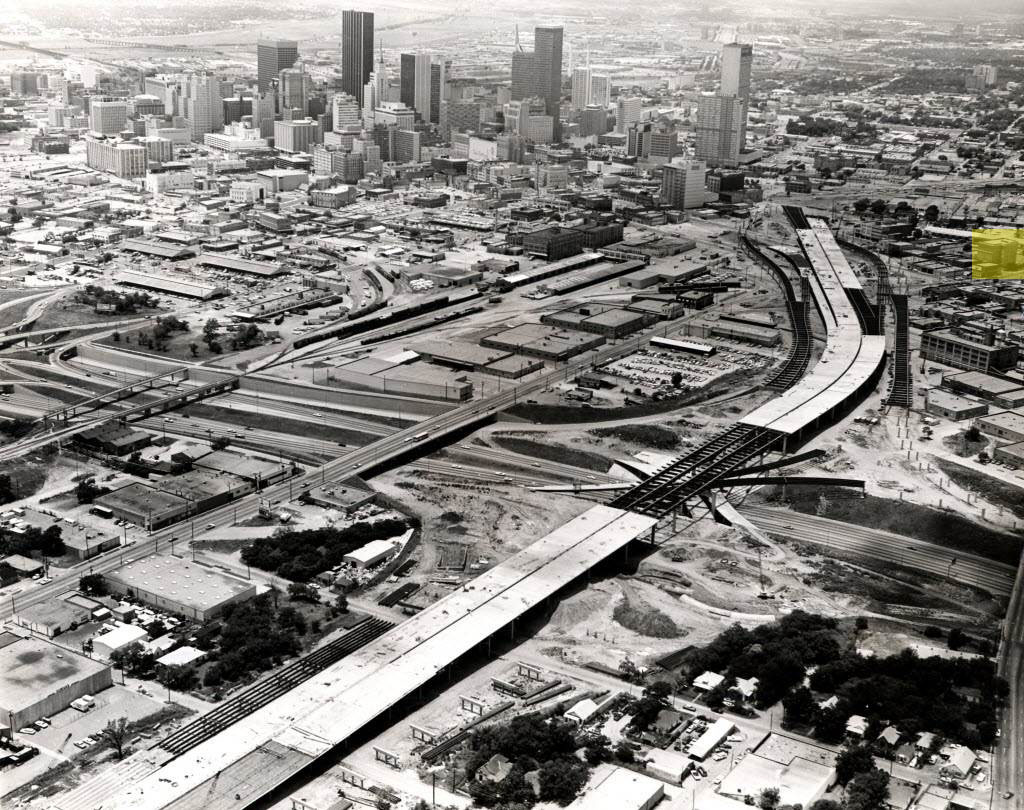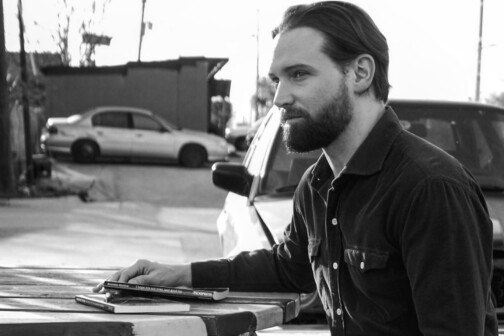I lived in West, Texas—the comma always pronounced or else it gets really confusing really fast—until I was 20 and moved to Austin to go to UT. It’s a tiny town that hugs I-35, built mostly by Czech immigrants like my great-grandparents. My dad was a schoolteacher, then an administrator, spending the last part of his career as the superintendent of West ISD. My sister was salutatorian of her class. My brother was an All-State pitcher who dueled future major-leaguer Arthur Rhodes at the diamond two blocks from where we lived. I read a lot.
But that version of West went away, or started to, anyway, on the evening of April 17, 2013. Wednesday will mark 11 years since.
The house I grew up in is gone, and so is the one across the street where I spent the first few years of my life, where we grew green beans in the backyard and where my first pet, a fluffy cat named Chewbacca, died. The park where I played basketball and football and once got into an epic fight with some other kids that seemed like the most important thing that would ever happen to me—gone. So is the apartment complex where those kids lived, and the rest home across the street where my great-grandmother, my mom’s grandma, spent her 90s. The water tank at the end of Reagan Street, all my friends’ houses, my old middle school. There is a lot more, but you get the idea.
The only tangible remnant of my first two decades is an oak tree in what used to be my front yard, small enough that we once were able to hop over it with a running start, now looming over a property I can’t recognize. “You can’t go home again” is beyond shopworn now and was never meant to be taken literally. But sometimes it’s the only thing you can say.
The beginning of the end happened when an ammonium nitrate explosion at the West Fertilizer Co. killed 15 people, injured 200 others, and resulted in the eventual destruction of more than 300 homes. Some people never rebuilt. It took others a few years to move on, even when what they had lost was replaced. I was lucky. I just lost a few memories.
But I did gain something. In reporting and writing about the explosion and its immediate aftermath, I was able to reconnect with a lot of old friends, and I still talk to one of them, Mike Lednicky, pretty regularly, usually late at night when the kids have gone to bed. So I guess I did get my home back in a way.
“Love and Loss in a Small Texas Town” ran in June 2013, two months after the explosion. It is one of the 50 greatest stories we’ve ever published, and you can read it here.



